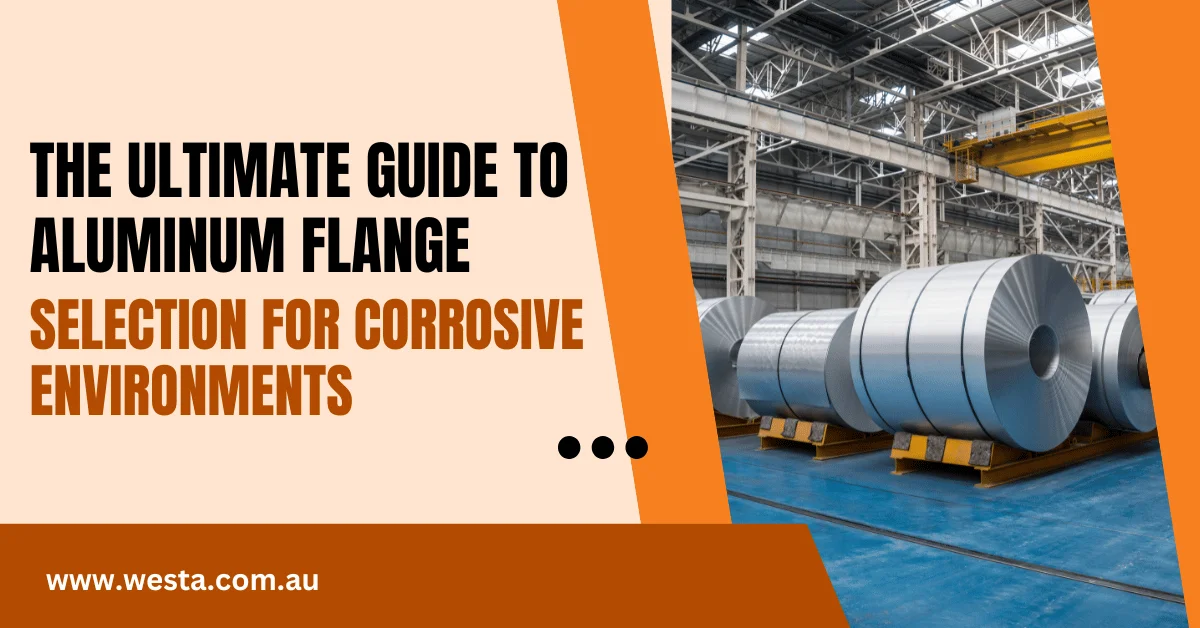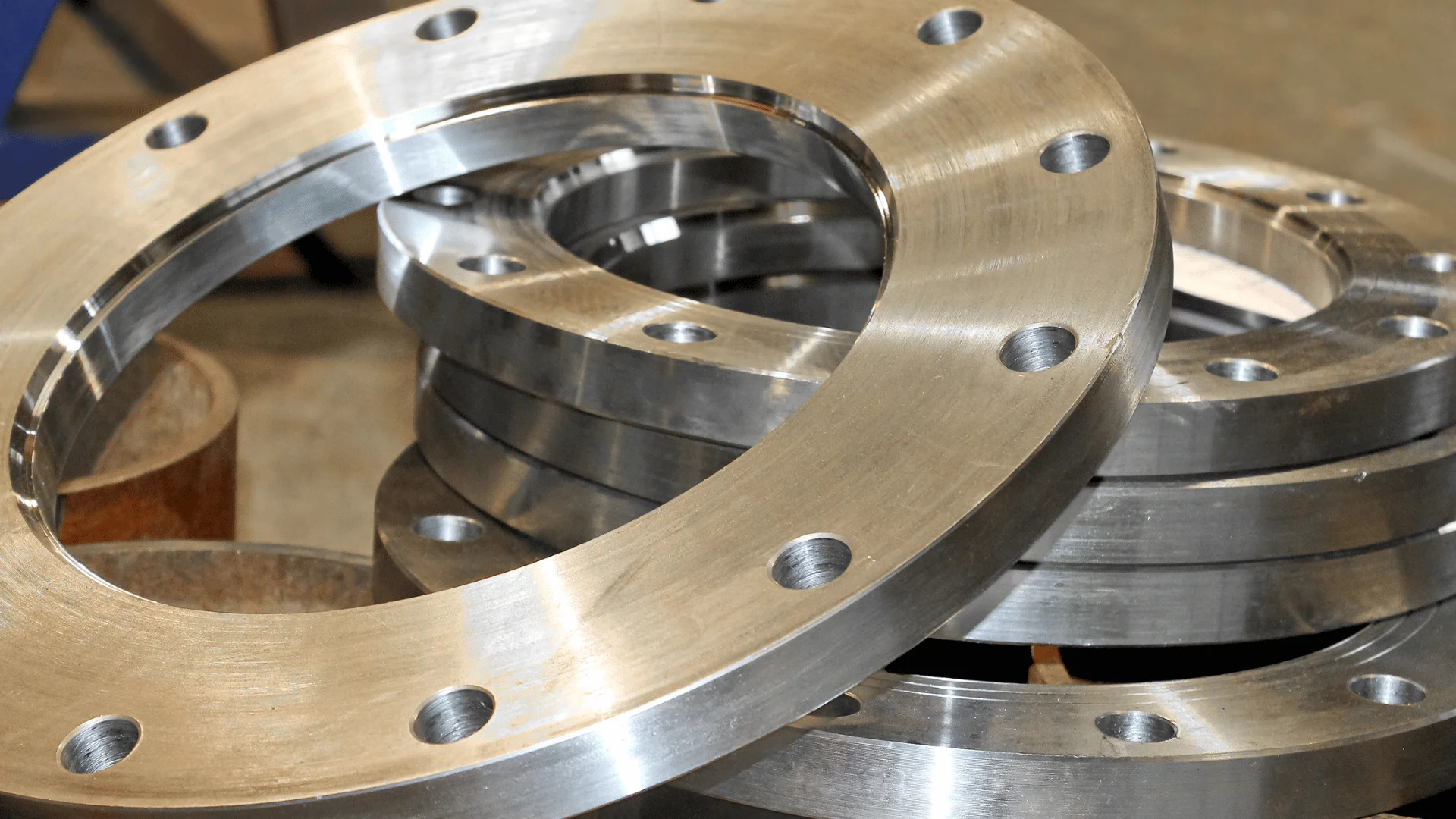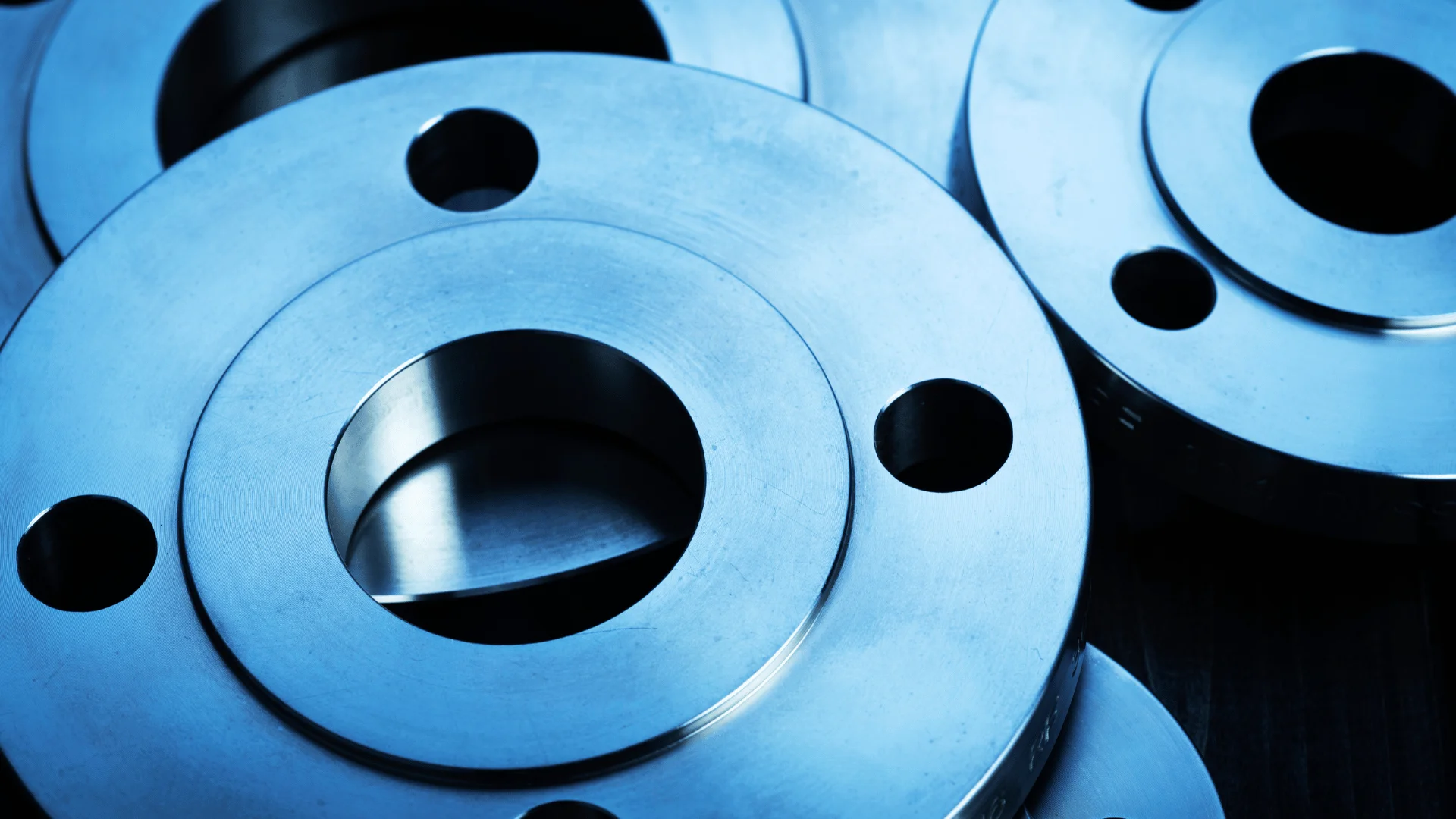We Offer Revolution Of Industrial Engineering
More Information
+91 9911757222
+91 9911757222

Choosing the wrong aluminum alloy for corrosive conditions can lead to premature failure and expensive replacements. I’ve seen this mistake repeatedly across industries from chemical processing to offshore applications.
The truth is, not all aluminum flanges perform equally in corrosive environments. The specific alloy, temper, surface treatment, and even manufacturing method dramatically impact long-term performance.


Aluminum Alloy Selection for Corrosion Resistance
The most common aluminum alloys used for flanges each offer different corrosion characteristics:
6061-T6:
Excellent general corrosion resistance
Good strength-to-weight ratio
Widely available and cost-effective
Performs well in atmospheric and freshwater exposure
Vulnerable to certain chloride environments
5083:
Superior saltwater corrosion resistance
Excellent weldability
Moderate strength
Preferred for marine applications
Less commonly available in standard flange configurations
7075:
Highest strength aluminum alloy commonly used for flanges
More limited corrosion resistance
Requires careful surface treatment in corrosive environments
Typically used where mechanical properties are paramount
Generally more expensive than other aluminum options
Critical Surface Treatments
Raw aluminum flanges rarely provide optimal corrosion performance. Consider these surface treatment options:
Anodizing:
Creates hard, protective oxide layer
Available in various thicknesses and sealing options
Can be colored for identification or aesthetic purposes
Provides excellent abrasion resistance
Type III (hard anodizing) offers superior protection
Conversion Coatings:
Chromate and chromate-free options available
Excellent base for paint systems
Provides good electrical conductivity
Typically thinner than anodized layers
Often more economical than anodizing
At Westa, we offer comprehensive aluminum flange solutions that combine optimal alloy selection with appropriate surface treatments for your specific operating environment. Our metallurgical expertise allows us to recommend the most cost-effective combination that will deliver reliable long-term performance.
What separates our approach is our consideration of the entire system, not just the flanges in isolation. We evaluate factors like connected materials (potential galvanic couples), gasket compatibility, fastener selection, and environmental exposure to develop a complete connection solution that prevents premature failures.
Our aluminum flange manufacturing capabilities include both standard ANSI and DIN patterns as well as custom designs optimized for specific applications. All our aluminum flanges undergo rigorous quality control, including material verification, dimensional inspection, and surface treatment validation to ensure they meet both industry standards and your specific requirements.
Contact Westa today to discuss your aluminum flange needs and benefit from our corrosion-resistant flange solutions

WESTA Global
25 FINANCE PLACE MALAGA , WA 6090
83-84, DDA Market, J Block,
Vikaspuri, New Delhi 110018
+91 9911757222
hellowesta@gmail.com
teamtradesate@gmail.com
+61 433 560 490
TRADESATE Pvt. Ltd.
B11/226, Sri Hargobindpur, Punjab 143515
Copyright © 2024 WestaGlobal.